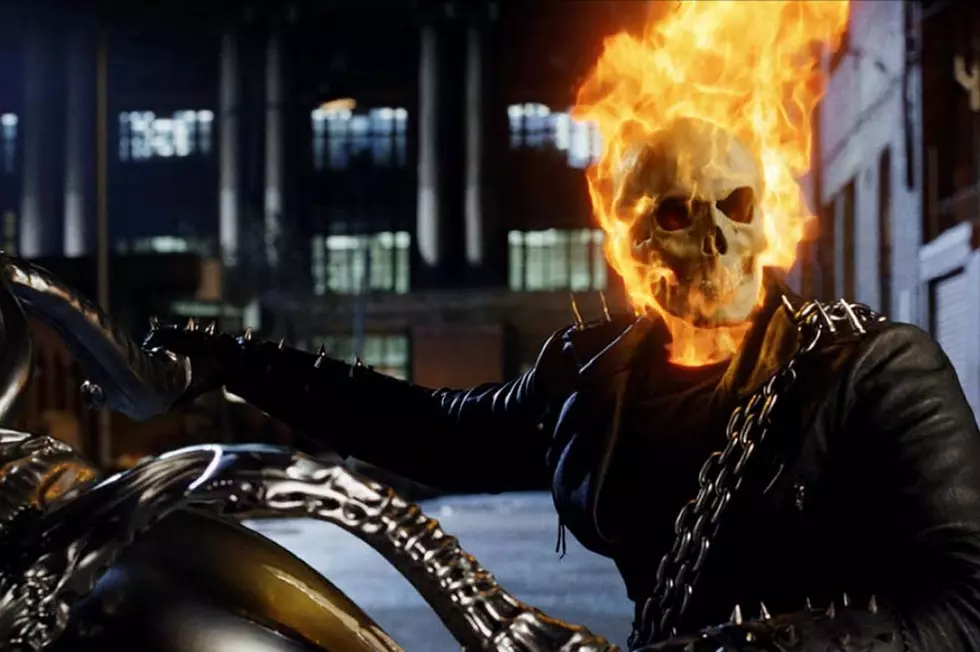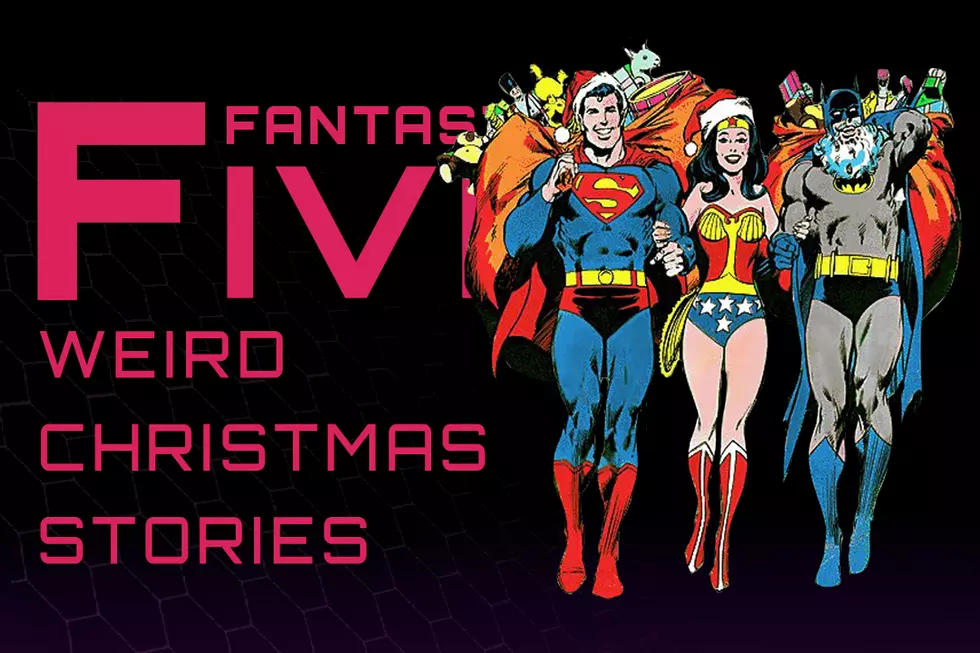
Marvel Publisher Dan Buckley And CCO Joe Quesada Respond To Ghost Rider Creator Controversy

Faced with internet outcry over the news that Ghost Rider creator Gary Friedrich has been ordered to pay Marvel Comics $17,000 in damages from a lawsuit over ownership of the character, Marvel has broken its silence on the case with Publisher Dan Buckley and Chief Creative Officer Joe Quesada giving an interview about what they call "a very tough situation for everyone involved."Speaking to Comic Book Resources, Quesada attempted to correct what he called misinterpretation in some of the original reporting of the story:
First and foremost, Marvel has not settled with Gary. What has been misinterpreted as a settlement is a court document that Gary's very own attorneys agreed to, along with Marvel's attorneys. That document basically ends his lawsuit against Marvel at the trial court level with Marvel having won and Gary's case dismissed. By agreeing on a number for the profits Gary made from selling unlicensed Johnny Blaze/Ghost Rider merchandise after the court has decided that Marvel is the owner of that copyright, it allows Gary's attorneys to file his appeal now rather than have Gary litigate further. It is in no way a "fine" or "punishment" for Gary. It is something that the court asked both parties to do and agree upon.
Additionally, Buckley said that reporting that suggested that Friedrich was unable to claim credit for his contributions to the character was "simply not true," although when pressed on the issue of creator credit, Quesada said that while Marvel agrees that Friedrich "made a significant contribution to the creation of Johnny Blaze/Ghost Rider," he didn't do so alone. "There were many individuals present at the time of Johnny Blaze's creation who disagree with the claim that Gary was the sole creator," he explained, mentioning artist Mike Ploog and editors Roy Thomas and Stan Lee as those who had input into the character's origins, as argued by Ty Templeton in his highly proliferated cartoon on the matter.
Quesada and Buckley also addressed concerns voiced by CA's Andrew Wheeler, among others, that the court ruling may signal Marvel or parent company Disney looking to crack down on artists' ability to sell original commissions of Marvel character artwork at conventions. Quesada said that the company "is not looking to make any new policy announcements through this lawsuit." Buckley went further, saying that Marvel "in no way want[s] to interfere with creators who are providing a positive Marvel experience for our fans," adding that "part of that positive interaction is that a fan can walk away with a signed memento or personalized sketch from an artist."
[Via CBR]
More From ComicsAlliance









